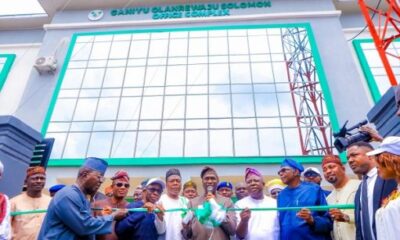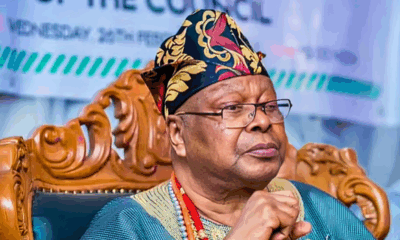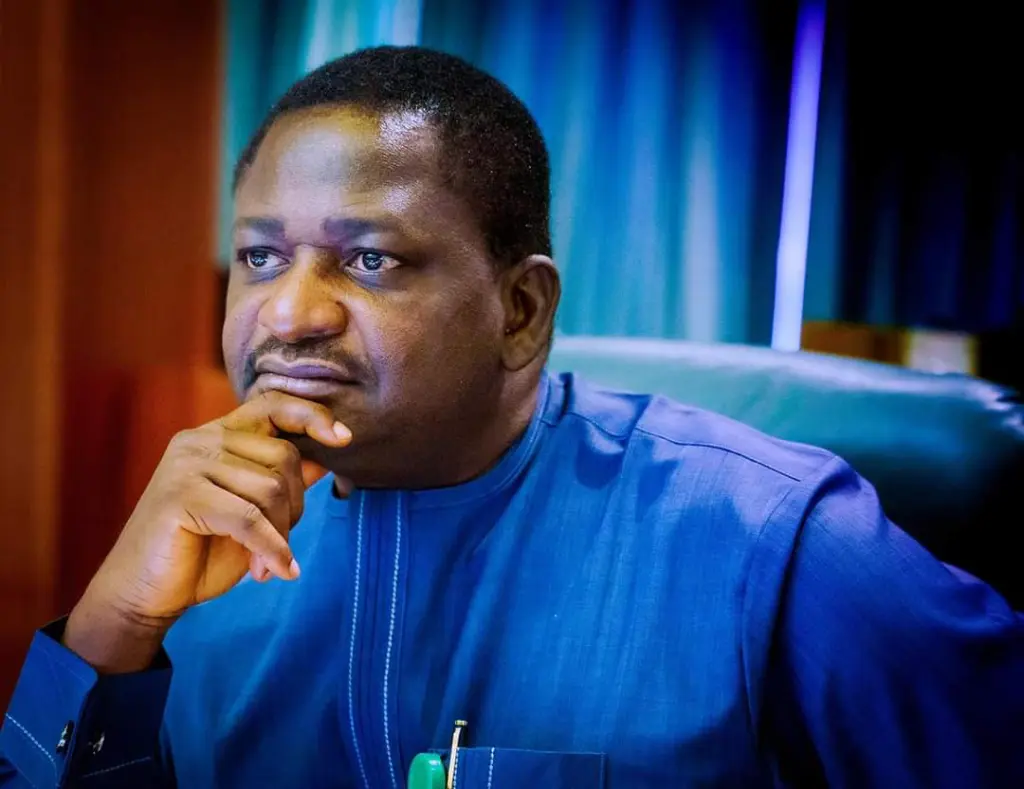BIG STORY
Nollywood Actress, Ada Ameh’s Remains Laid To Rest Amidst Tears

BIG STORY
FULL LIST: Tinubu Appoints IBB’s Son, Muhammad Babangida Chairman Bank Of Agriculture, Others As Heads Of Govt Agencies
BIG STORY
Buhari Never Wanted To Congratulate Saraki, Dogara After Emerging Senate President, Speaker — Femi Adesina
BIG STORY
Road To 2027: Everyone Afraid Of Atiku — Dele Momodu Claims As He Joins ADC
-

 BIG STORY4 days ago
BIG STORY4 days agoBREAKING: Federal Government Declares Tuesday Public Holiday To Honour Buhari
-

 BIG STORY5 days ago
BIG STORY5 days agoOsun 2026: Aregbesola Vows To Unseat Adeleke, Says ADC Will Win Guber Election
-

 BIG STORY1 day ago
BIG STORY1 day agoRCCG Pastor Absconds With $8000 Church Money, Abandons Wife, Marries New One
-

 BIG STORY3 days ago
BIG STORY3 days agoAmaechi Wears Turban To Buhari’s Burial In Daura
-

 BIG STORY4 days ago
BIG STORY4 days agoECOWAS Caravan 2025 Highlights Barriers, Builds Support For Women In Cross-Border Trade
-

 BIG STORY3 days ago
BIG STORY3 days agoAliko Dangote Submits Paperwork To Build Biggest Seaport In Nigeria
-

 BIG STORY2 days ago
BIG STORY2 days agoKeyamo Faults Atiku’s Use Of Coat Of Arms In PDP Resignation Letter, Says “You Left Office 18 Years Ago”
-

 BIG STORY3 days ago
BIG STORY3 days agoWhat Buhari Told Me About President Tinubu After Fuel Subsidy Removal — Katsina Governor Radda
























